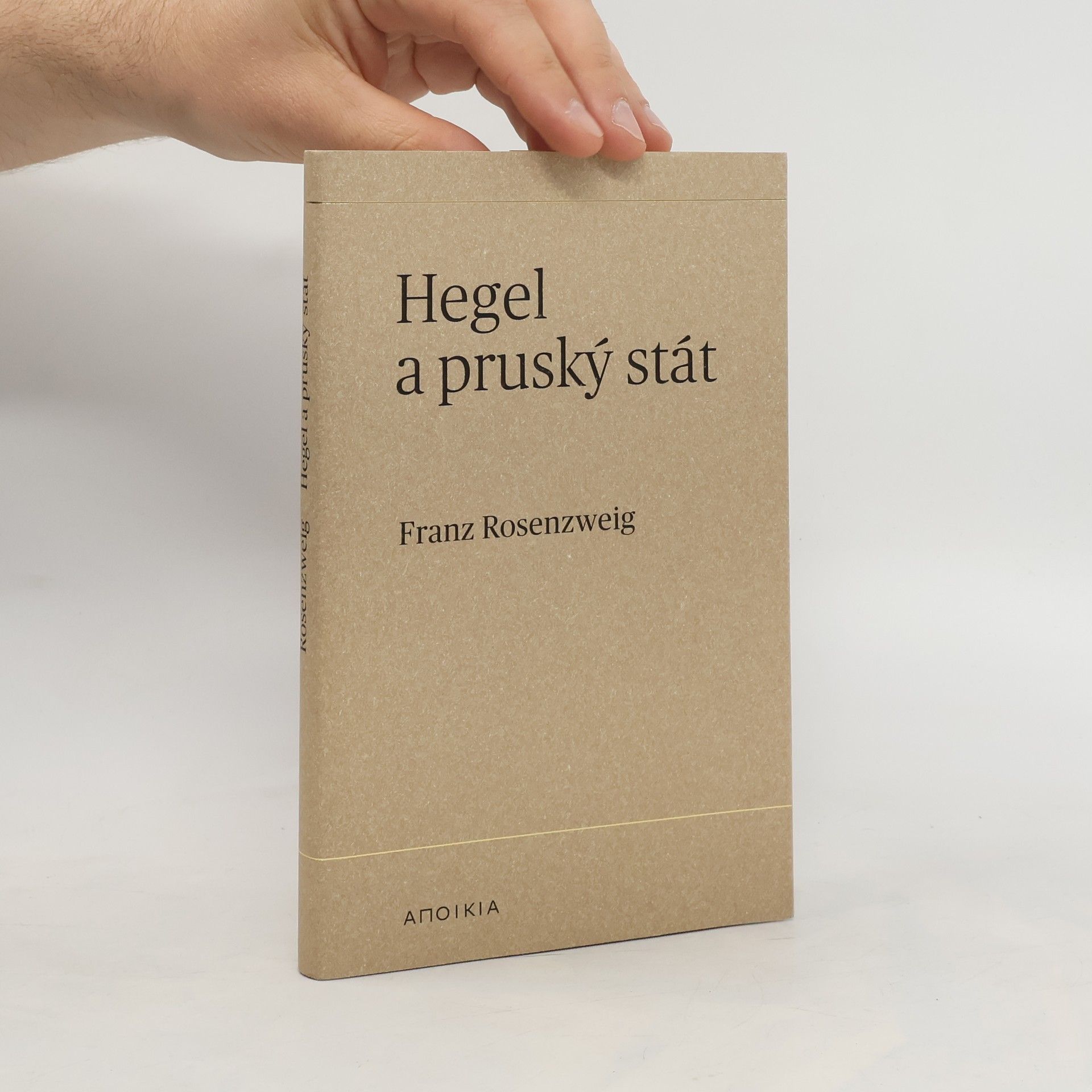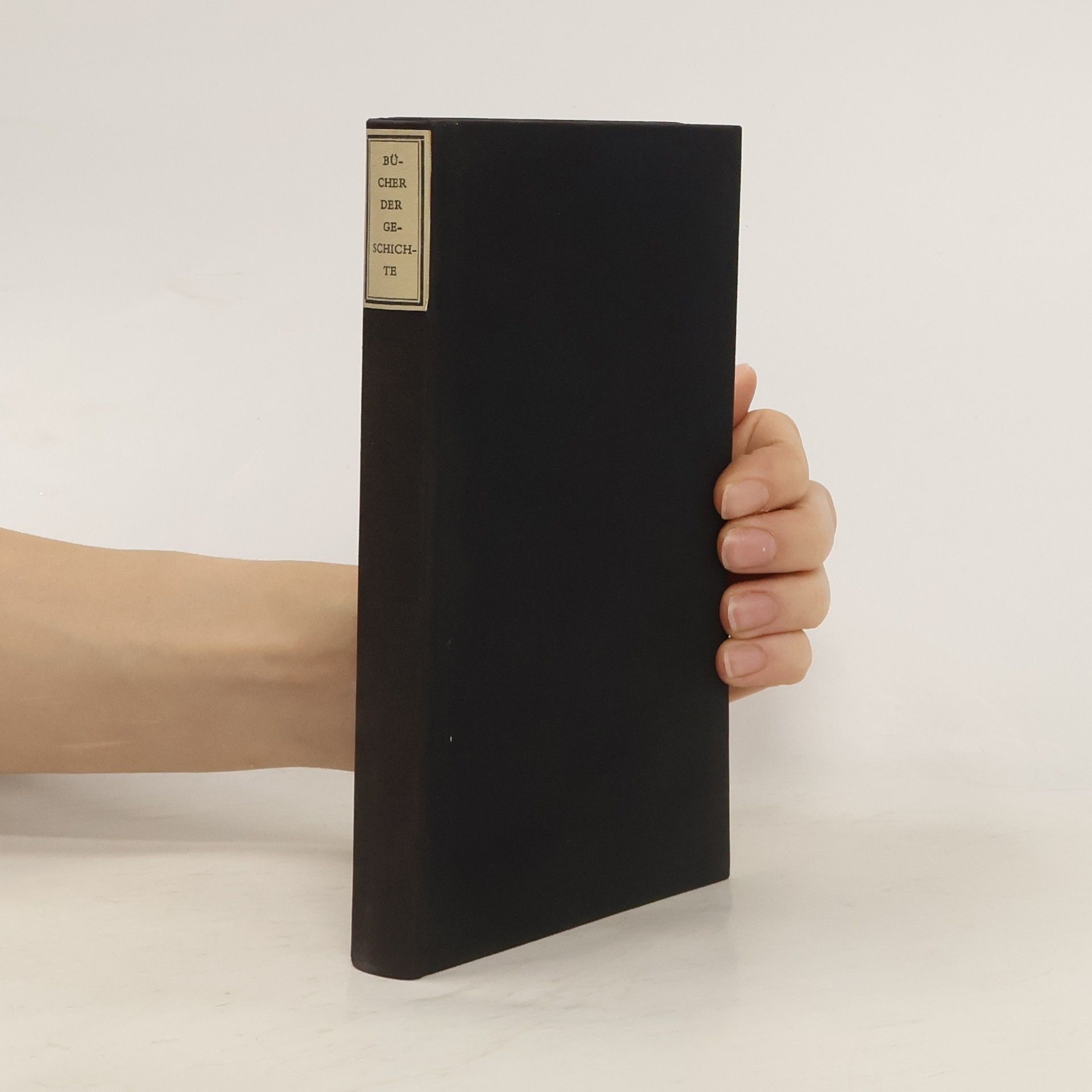Franz Rosenzweig Libros
El viaje de Franz Rosenzweig, reflejando el de otras figuras prominentes, implicó un profundo retorno al núcleo de la vida judía desde un entorno asimilado. Tras sus estudios iniciales en medicina, su enfoque se desplazó hacia la filosofía, culminando en un importante trabajo académico. Una epifanía religiosa fundamental lo llevó de regreso al judaísmo, un camino que consolidó durante sus experiencias bélicas, donde compuso su obra seminal. Rosenzweig llegó a establecer un centro vital para la educación judía de adultos, dando forma significativamente a una cultura judía moderna y distintiva, mientras mantenía una profunda conexión con su entorno alemán.
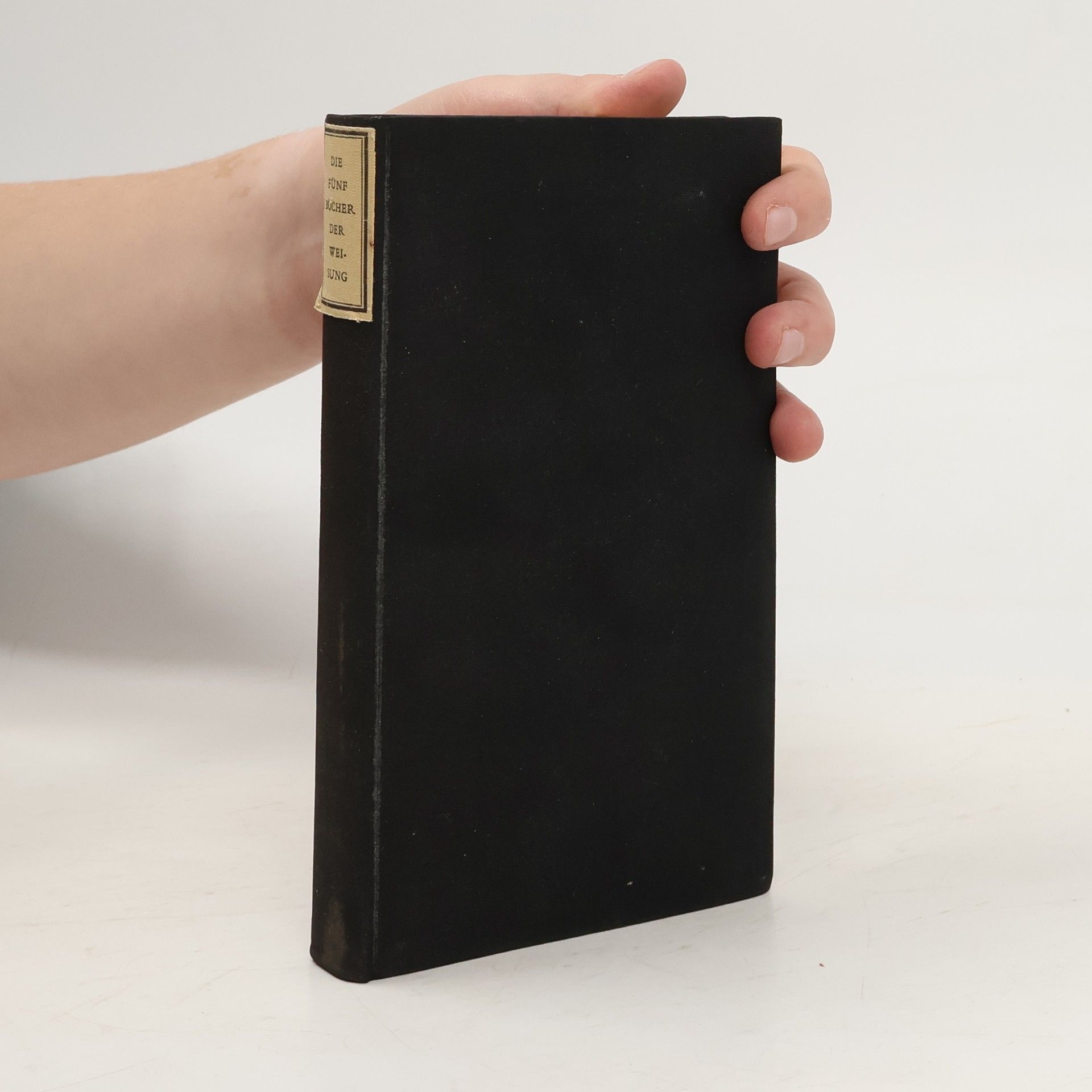
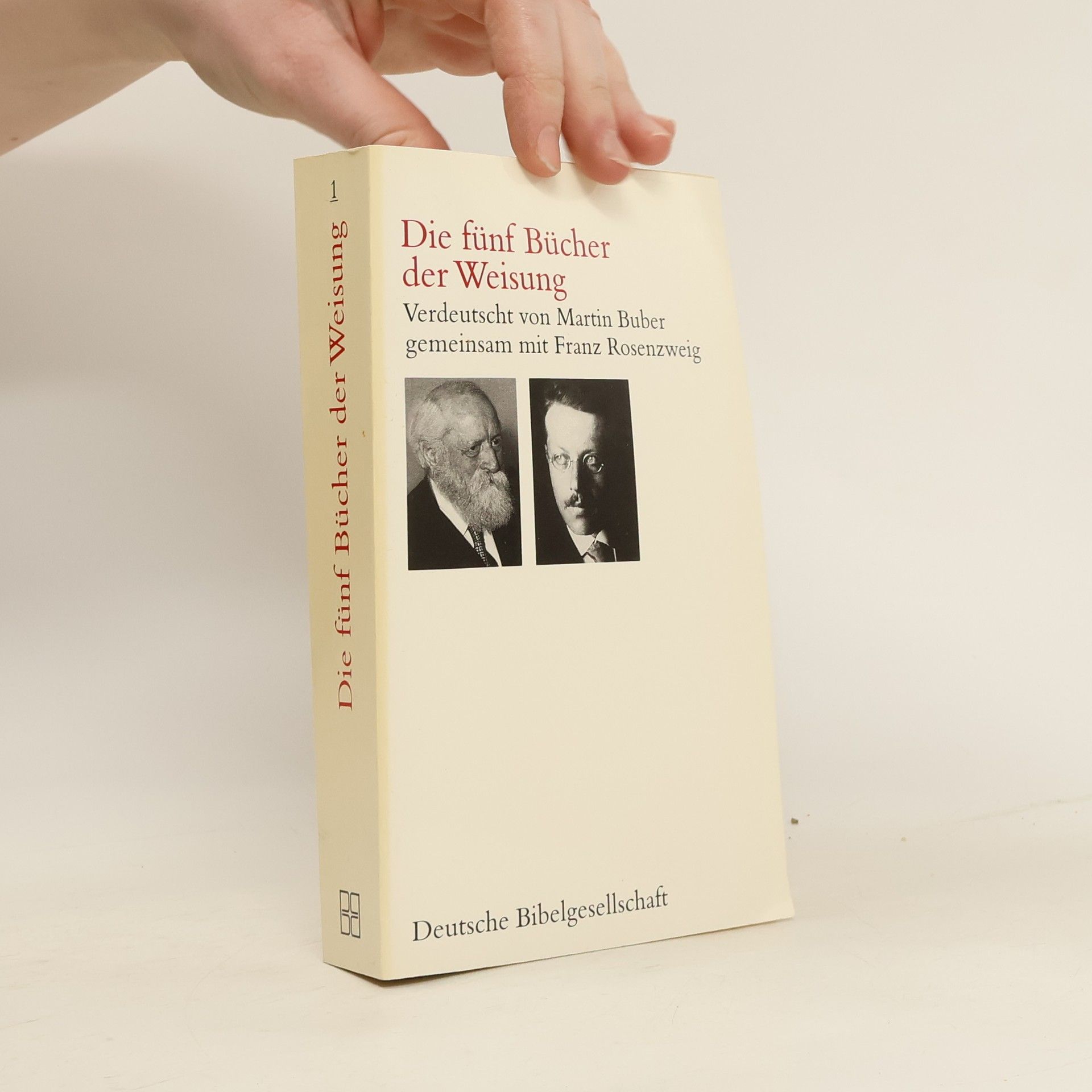
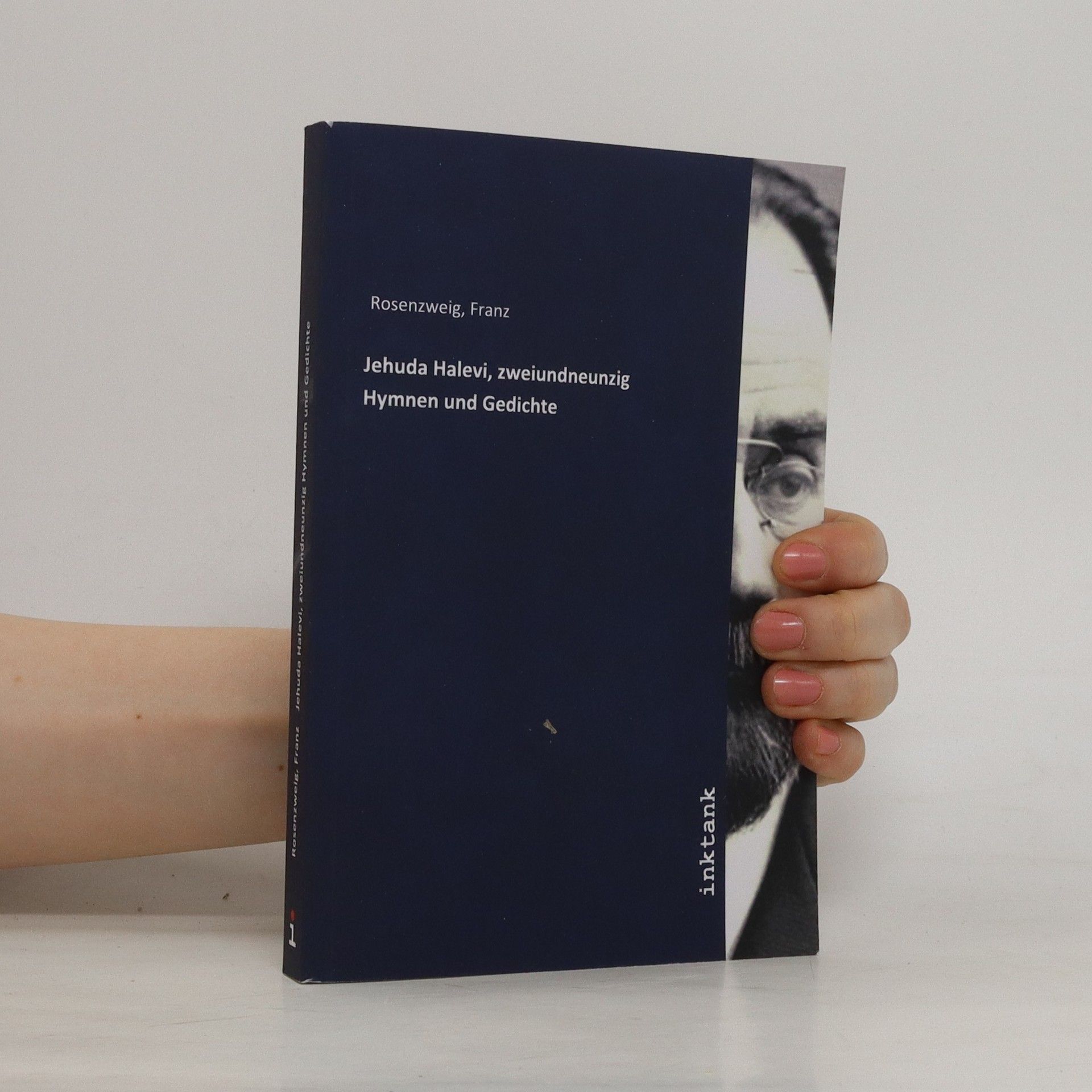
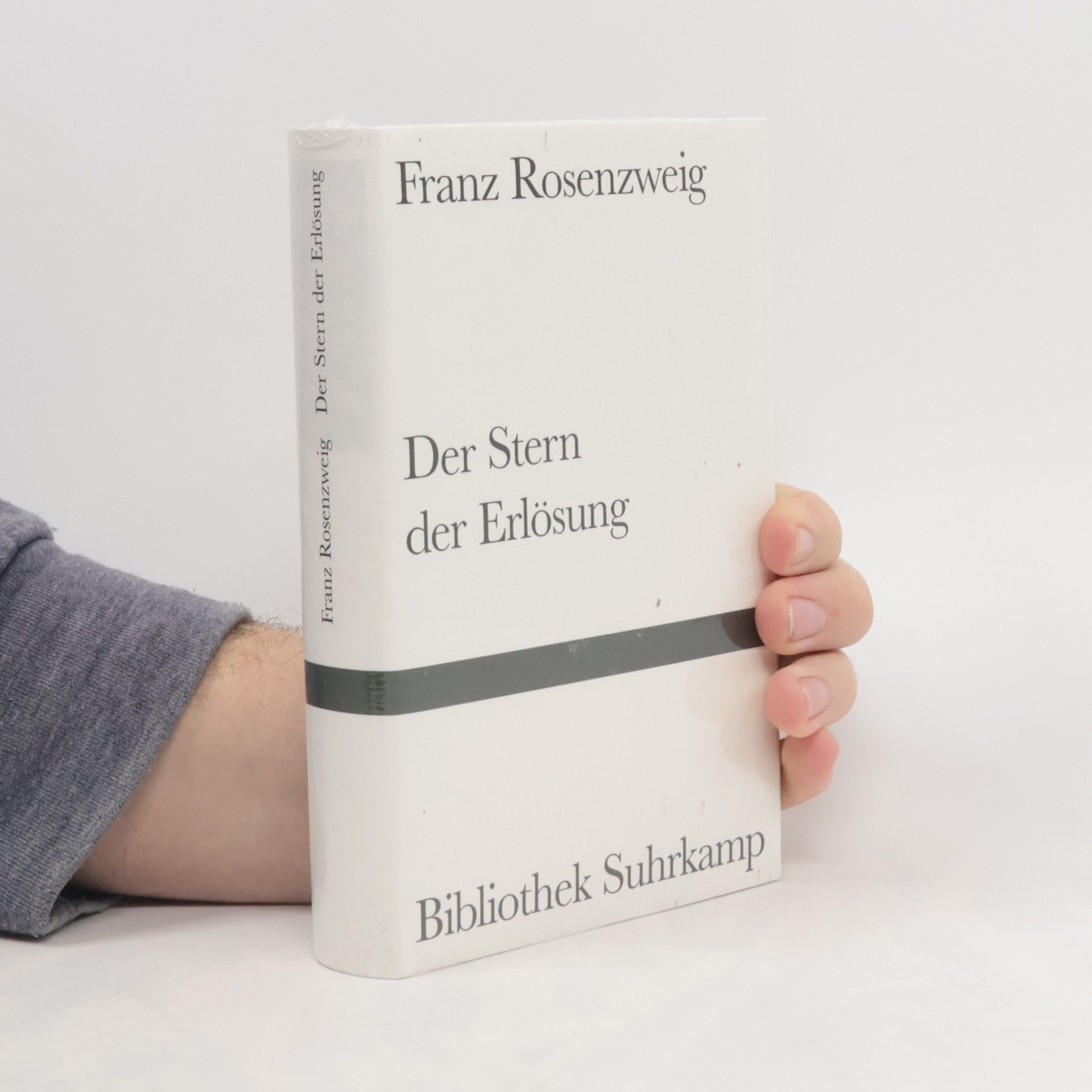

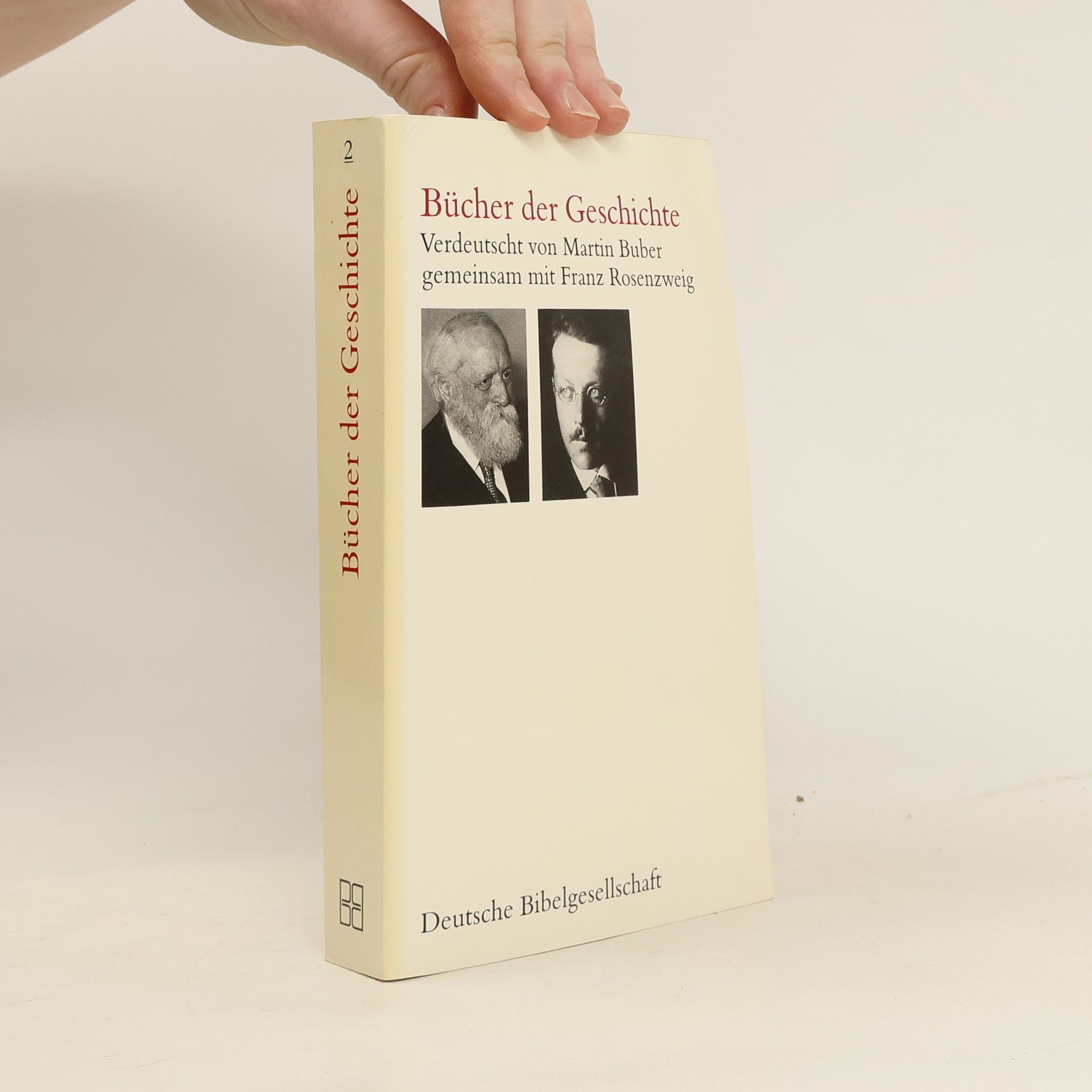
Nové myšlení
- 37 páginas
- 2 horas de lectura
Jedná se o komentář autora ke své filosofii, kterou presentoval v rozsáhlém díle Hvězda vykoupení.
Der Stern der Erlösung
- 549 páginas
- 20 horas de lectura
Der Stern der Erlösung ist das Hauptwerk des Philosophen Franz Rosenzweig (1886-1929). »Der im genausten Sinne mystische Versuch, das Unkonstruierbare, den Stern der Erlösung, zu konstruieren... wird seinen dauernden Gehalt erst einem Geschlecht erschließen, das nicht mehr auf so unmittelbar gegenwärtige Weise von seinen aktuellsten Motiven sich angesprochen fühlen wird wie jene Generation, die bei seinem Erscheinen soeben den ersten Weltkrieg hinter sich hatte. Erst wenn die zauberische Schönheit seiner Sprache verschlissen sein und die Figur des Märtyrers, die für uns Zeitgenossen von ihm unablösbar ist, auf ihre eigene Aura sich zurückgezogen haben wird, kann dieses Zeugnis von Gott in seiner unverstellten Absicht sich behaupten.« Gershom Scholem
Bücher zählen bis heute zu den wichtigsten kulturellen Errungenschaften der Menschheit. Ihre Erfindung war mit der Einführung des Buchdrucks ähnlich bedeutsam wie des Internets: Erstmals wurde eine massenweise Weitergabe von Informationen möglich. Bildung, Wissenschaft, Forschung, aber auch die Unterhaltung wurde auf neuartige, technisch wie inhaltlich revolutionäre Basis gestellt. Bücher verändern die Gesellschaft bei heute. Die technischen Möglichkeiten des Massen-Buchdrucks führten zu einem radikalen Zuwachs an Titeln im 18. Und 19 Jahrhundert. Dennoch waren die Rahmenbedingungen immer noch ganz andere als heute: Wer damals ein Buch schrieb, verfasste oftmals ein Lebenswerk. Dies spiegelt sich in der hohen Qualität alter Bücher wider. Leider altern Bücher. Papier ist nicht für die Ewigkeit gemacht. Daher haben wir es uns zur Aufgabe gemacht, das zu Buch gebrachte Wissen der Menschheit zu konservieren und alte Bücher in möglichst hoher Qualität zu niedrigen Preisen verfügbar zu machen.
Die fünf Bücher der Weisung
Verdeutscht von Martin Buber gemeinsam mit Franz Rosenzweig
Hegel a pruský stát
- 172 páginas
- 7 horas de lectura
Podrobný a interpretačně svébytný rozbor vztahu Hegela a pruského státu, který předložil teprve šestadvacetiletý komentátor, ohromí nejen znalostí Hegelova díla, ale i hloubkou autorových historických, právních a politických znalostí. Rosenzweig vkládá Hegelovy Základy filosofie práva do klasické tradice politického myšlení, od Platóna a Aristotela po Locka, Rousseaua, Smithe a Hegelovy předchůdce i následovníky, včetně Marxe. Pojmy zákona, občanské společnosti a rozumné skutečnosti jsou v jeho shrnutí podány s detailním a provázaným výkladem. Rosenzweig ukazuje, co pro Hegelovu filosofii znamená být „svou dobou, uchopenou v myšlenkách“, a vyvrací mnohá tradovaná klišé. Představuje Hegelovu ukotvenost v historickém kontextu a zároveň jeho aktuálnost, přičemž Hegel zůstává významným zdrojem realistického a komplexního pojetí politické svobody. Franz Rosenzweig, významný židovský myslitel 20. století, se po náboženském obratu a otřesu první světové války de facto vzdal své hegelovské disertace, avšak její životnost dokládají překlady a nové německé vydání. České vydání se zaměřuje na klíčovou část věnovanou Základům filosofie práva a Hegelovu vztahu k Prusku.
Die Neuausgabe der Tora, übersetzt von Martin Buber und Franz Rosenzweig, fängt den einzigartigen Charakter der hebräischen Bibel in deutscher Sprache ein. Sie bietet poetische Tiefe und fungiert zugleich als Kommentar. Die Ausgabe enthält Bilder von Marc Chagall und eine CD mit einer Lesung von Buber aus dem Jahr 1958.
